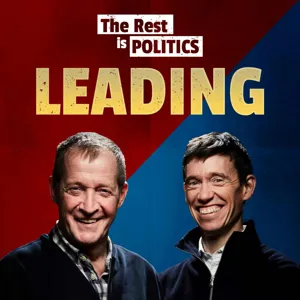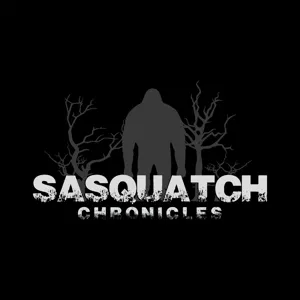The Jackie Show

Our interactions with nature are increasingly mediated by technology. We scroll through wildlife feeds on TikTok. We use Instagram to plan hikes. Even in the wilderness, we religiously bring our phones to document the experience. And then there are animal cams.
Since the 1990s, people have fawned over livestreams of cute pandas and colorful fish. One could argue that animal cams another example of how we’ve jammed a screen between ourselves and the wild. But the story of Jackie the bald eagle presents a different perspective: one in which technology might bring us closer to our fellow creatures.
Producer Dean Russell speaks with Endless Thread co-host Ben Brock Johnson about the potential upsides of technonaturalism.
=====
Credits: This episode was written and produced by Dean Russell. Mix and sound design by Emily Jankowski. The hosts are Ben Brock Johnson and Dean Russell.











